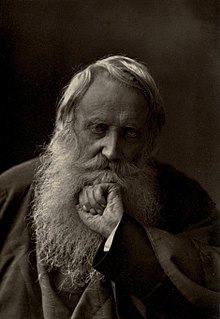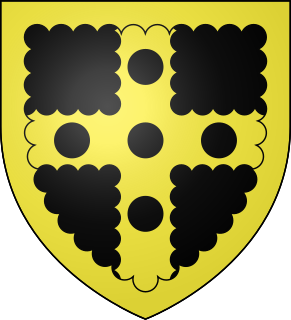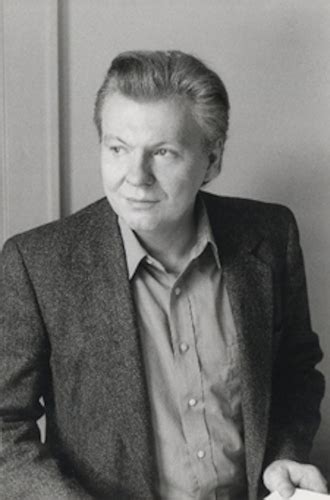A Quote by George Bernard Shaw
Girls, like men, want to be petted, pitied, and made much of, when they are diffident, in low spirits, or in unrequited love. These are services which the weak cannot render to the strong and which the strong will not render to the weak, except when there is also a difference of sex.
Related Quotes
There is in fact a manly and legitimate passion for equality that spurs all men to wish to be strong and esteemed. This passion tends to elevate the lesser to the rank of the greater. But one also finds in the human heart a depraved taste for equality, which impels the weak to want to bring the strong down to their level, and which reduces men to preferring equality in servitude to inequality in freedom.
Humanity looks upon Jesus the Nazarene as a poor-born Who suffered misery and humiliation with all of the weak. And He is pitied, for Humanity believes He was crucified painfully. . . . And all that Humanity offers to Him is crying and wailing and lamentation. For centuries Humanity has been worshiping weakness in the person of the Savior. The Nazarene was not weak! He was strong and is strong! But the people refuse to heed the true meaning of strength.
The thing that impressed me then as now about New York… was the sharp, and at the same time immense, contrast it showed between the dull and the shrewd, the strong and the weak, the rich and the poor, the wise and the ignorant… the strong, or those who ultimately dominated, were so very strong, and the weak so very, very weak - and so very, very many.
It’s just like when you’ve got some coffee that’s too black, which means it’s too strong. What you do? You integrate it with cream; you make it weak. If you pour too much cream in, you won’t even know you ever had coffee. It used to be hot, it becomes cool. It used to be strong, it becomes weak. It used to wake you up, now it’ll put you to sleep.
All attempts at law, all religion, all ethical norms might be nothing more than attempts by the weak to restrain the strong. Then, within the law, arise the new strong, who subvert the law for their own ends of power and family interest, leaving the old strong outside their circle to pursue the waiting possibilities which they call crime. The weak, the cowardly, the decent ones, live between these groups.
Royalty is a government in which the attention of the nation is concentrated on one person doing interesting actions. A Republic is a government in which that attention is divided between many, who are all doing uninteresting actions. Accordingly, so long as the human heart is strong and the human reason weak, Royalty will be strong because it appeals to diffused feeling, and Republics weak because they appeal to the understanding.
The will to power, as the modern age from Hobbes to Nietzsche understood it, far from being a characteristic of the strong, is, like envy and greed, among the vices of the weak, and possibly even their most dangerous one. Power corrupts indeed when the weak band together in order to ruin the strong, but not before.






































